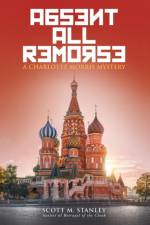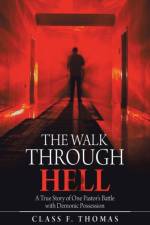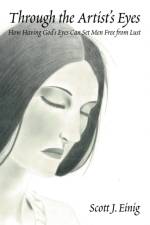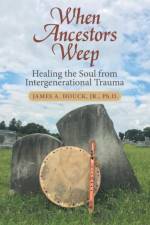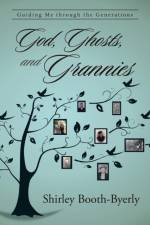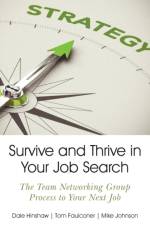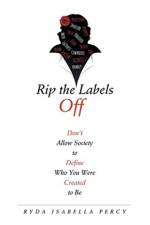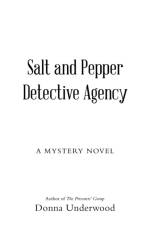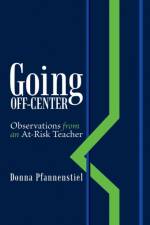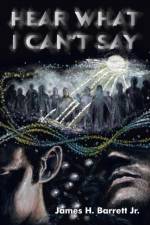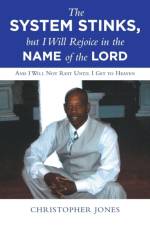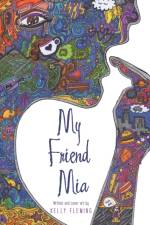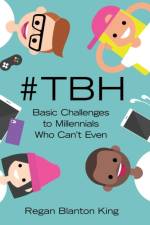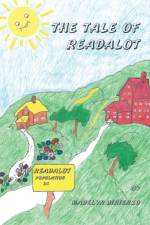- Healing the Soul from Intergenerational Trauma
von James A Houck
22,98 €
We are all beautiful souls made in the image of God, full of inherent value, dignity, and worth. Yet we may struggle to accept this truth because our attention is often diverted to focus solely on outward appearances and behaviors. In other words, we all live with some degree of ignorance of our soul consciousness. We may get glimpses of it, but we never attain the full extent because physical, emotional, and psychological issues cloud our vision of who we truly are. For example, diseases and illnesses do afflict us in the body. We do feel physical and emotional pain with so much intensity at times that we believe it is going to break us in two. At times, our lungs may struggle to take a breath, or hunger and diseases cause our stomach, intestines, bones, muscles, and blood to scream in agony. These experiences might make us question whether or not we are the soul whom God has created. However, this illusion lies not in the suffering, pain, and agony we experience, but rather, it is in the perception that there is nothing more to us than an emotional, intellectual, and physical body. Indeed, physical and emotional pain and suffering can temporarily drown out the cry of our soul, but our soul is never silenced. Furthermore, the truth is that the greatest strength of who we are as souls lies in our ability to transform and transcend physical, emotional, and psychological limitations.The greatest effect hearing the cries of our ancestors has on us not only comes from getting in touch with our own soul's voice but also awakens us to hear the cries of those who have no voice today. There has always existed in society a pattern of disenfranchising the weak and wounded-people who have been labeled as unlovable, untouchable, and therefore, unreachable. For some, disenfranchisement was due to their disease or illness. For others, it was due to their poverty. Still for others, it was due to their gender, race, religion, politics, or social class. Many in society preferred such people not to be seen, let alone heard from. However, just as the cries of our ancestors and those who have been the victims of crimes against humanity can never be silenced, and so, too, are the cries of the disenfranchised heard above the din of everyday life. Their cries are not only heard deep within the soul but their pain is also given a voice through those who speak for them.



